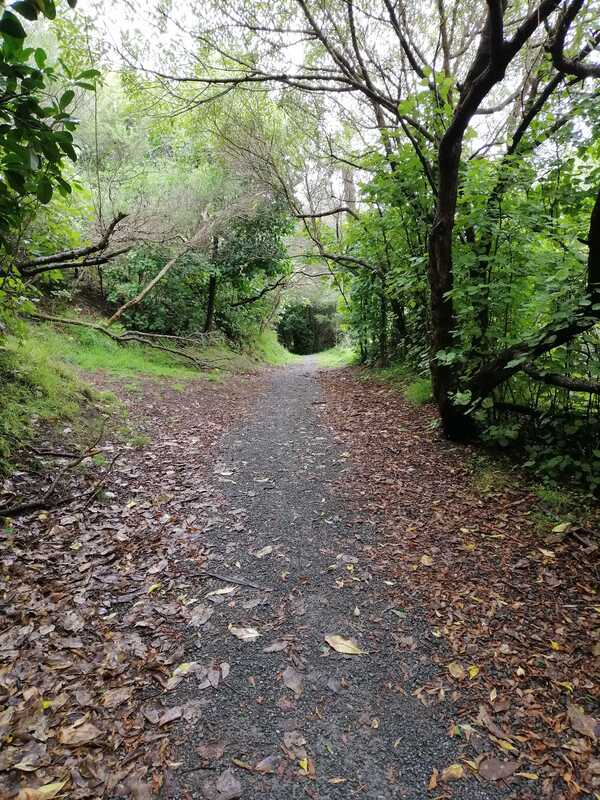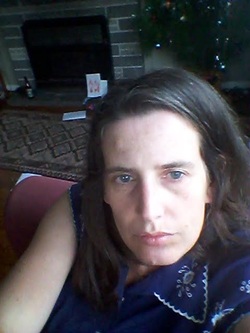She pretended not to know the water book by heart so she could try out every strategy: looking at the picture for clues; saying the first sound; making a guess; stretching out the word; going back to the beginning of the line.
'Hmm, what could that word be?', Alex has big eyes she has a habit of making bigger. 'R. Rrrrr. Roo. Rou. Ff. Fffff. Rough! Water can be rough", she says. Alex is learning to read, is understanding the trick of learning, and is re-enacting the trick all at the same time. I remember the same with her big sister Maggie learning to talk, only months after mastering fluent language herself, she would pretend to be a baby, babbling and trying out whole words in roughly formed explorative vowels. Mastery. After Alex was in bed I kept thinking about Cilla McQueen's poem 'Learning to Read', one of the few poems I know by heart. It was published in The Listener in the 80s and it made odd and beautiful tugs at my teenage heart. There is so much I love about the poem, the perfect cadence, the momentous journey it travels from illiteracy to literacy, and the way the final giddy triumph is realised in a completely different realm. The lines I kept coming back to were '& then the page / became transparent'. Because, of course, the words on the page are as stiff and opaque as ever when you're reading, but you do see through them. I tried squinting my eyes and looking at the spines of the books in our bookshelf and willing myself not to read them - to see the words only as shapes and patterns. I couldn't do it. Even books with ugly or over-elaborate typography, I could not forget even for a moment how to read. I could not not read. This glorious notion of transparency. A metamorphosis as magical as any I know. That words lift off the page and become experiences and ideas, threats and declarations, houses and streets. Forests and gloomy mountains. And people calling through them all. And while all this is happening, left on the page, the 26 husks of letters, a dozen or so dots and flicks, the rhythm of white spaces. I love that sentences or stanzas are little time bombs. Able to be duplicated and replicated or typed out from memory or tagged on a wall without the impact on reading ever diminishing. The best of them eternally chocker with explosive force. It feels hallowed this time with Alex learning to read. When I was reading Pippi she said 'Look Mum, it and is. The. And Mum, if you took that o off that word there, it would be to.' She's training her brain to read. Already unjumbling the letters so that she scans a page of text and picks out the familiar. She's doing it recreationally and without trying. The first time I saw Maggie read for pleasure by herself, it was a fairy story. It was in my parents' house on my old bed. The sun pouring in and just about reaching her. I was a little heartbroken by the glory of it. Now I watch Alex. She must be watching letters, first singly, then in tentative pairs fly up off the page to somewhere entirely her own. Soon it will be flocks. Just about, I think, just about.
0 Comments
In 2009, Joe Buchanan wrote the following report that was published by Right to Water, a New Zealand group working to support the human right to water. I'm publishing it again because it's pretty much fallen off the web, and because Kapiti mayor Ross Church is claiming that introducing volumetric charging will reduce consumption by 25%. I suspect he's rehashing these statistics which, as Joe's paper shows, don't stand up to even a cursory examination. The impact of metering on water use: a brief look at the statistics |
Categories
All
Archives
March 2023
(C) Copyright 2012, Mrs Loolupants, All Rights Reserved.
|


 RSS Feed
RSS Feed
